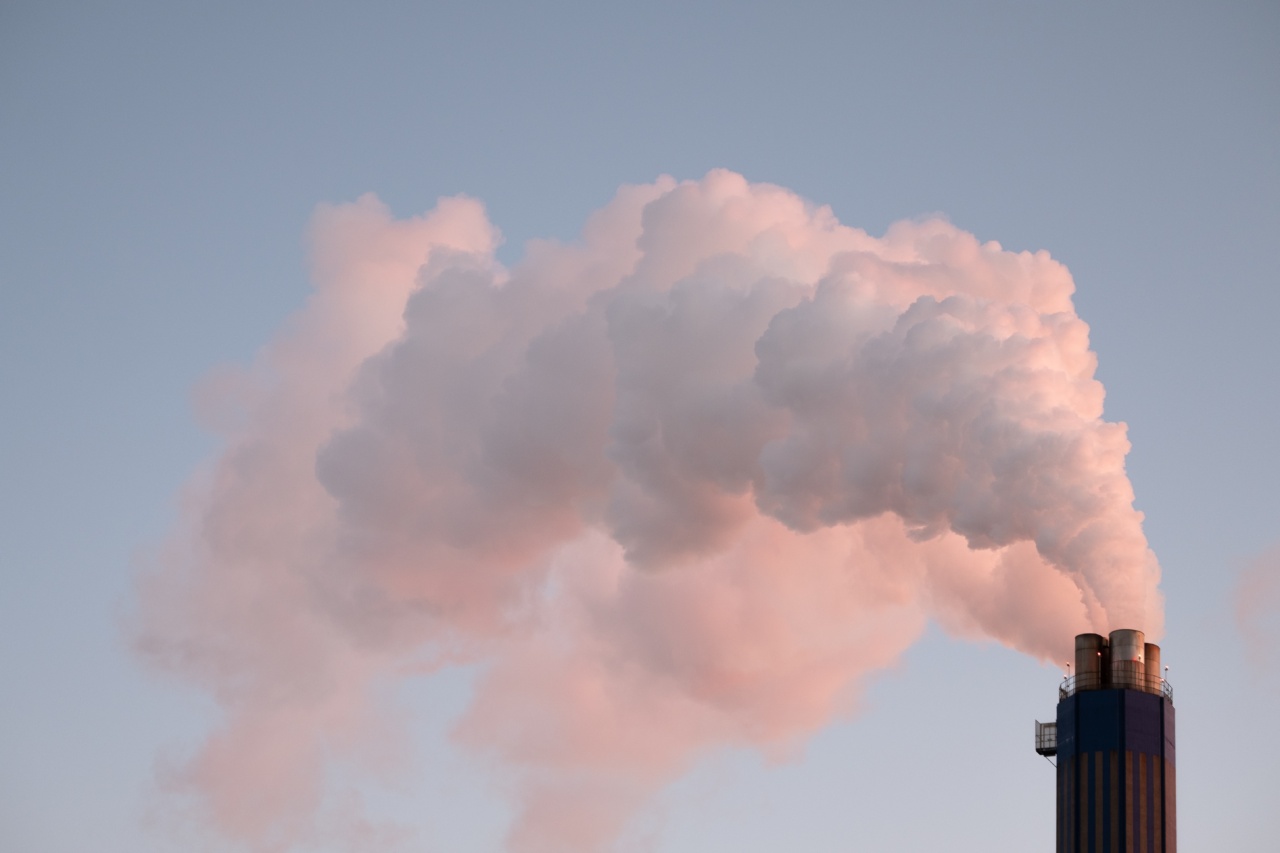The respiratory system is one of the most important systems in the body. It is responsible for oxygenating the blood, removing carbon dioxide and regulating the pH of the blood.
The lungs are the primary organs of this system and are responsible for taking in oxygen and eliminating carbon dioxide. When the respiratory system is overloaded, it can have serious consequences on overall health and well-being. In this article, we will explore the impact of lungs combination on the respiratory system.
The Anatomy of Lungs
The lungs are the major organs of the respiratory system, located in the thoracic cavity. They are separated into two lobes by the mediastinum which contains the heart, great vessels, trachea and esophagus. Each lung is covered by a pleural sac.
The right lung is made up of three lobes while the left lung is made up of two lobes. The lungs are composed of small alveoli, which are responsible for the exchange of oxygen and carbon dioxide. The airways that carry air from the nose to the lungs are also important components of the respiratory system.
These include the pharynx, larynx, trachea, bronchi, bronchioles and alveoli.
The Impact of Smoking on the Respiratory System
Smoking is the leading cause of lung cancer and chronic obstructive pulmonary disease (COPD). Smoking also increases the risk of many other respiratory conditions, including asthma, pneumonia, and bronchitis.
The chemicals in cigarette smoke damage the lining of the airways and cause the airways to become inflamed. Over time, these changes can lead to the development of COPD and other lung diseases.
The Impact of Air Pollution on the Respiratory System
Air pollution is a major source of respiratory problems. The particulate matter in air pollution can cause inflammation in the lungs, leading to the development of respiratory diseases.
Air pollution can also exacerbate existing respiratory conditions such as asthma and COPD. Children are particularly vulnerable to the effects of air pollution as their lungs are still developing.
The Impact of Exercise on the Respiratory System
Exercise is important for overall health and can have many positive effects on the respiratory system. Regular exercise can increase lung function, improve oxygenation and reduce the risk of respiratory diseases.
However, exercise can also cause respiratory overload if done excessively or without adequate rest. Athletes who engage in endurance activities such as long-distance running may be particularly susceptible to respiratory overload.
The Impact of Sleep Apnea on the Respiratory System
Sleep apnea is a condition where breathing is interrupted or stopped during sleep. This can lead to episodes of low oxygen levels and high carbon dioxide levels in the blood.
Sleep apnea can lead to the development of hypertension, heart disease and stroke. It can also exacerbate existing respiratory conditions such as asthma and COPD.
The Impact of Allergies on the Respiratory System
Allergies are a common cause of respiratory problems. Allergic rhinitis, or hay fever, can cause symptoms such as congestion, sneezing and itchy eyes. Asthma is also often triggered by allergies.
When an allergen is inhaled, it can cause inflammation in the airways, leading to symptoms such as wheezing and shortness of breath.
The Impact of Aging on the Respiratory System
As we age, our respiratory system undergoes many changes. The muscles that support the lungs can weaken, reducing lung capacity. The alveoli can become less elastic, reducing the ability of the lungs to transfer oxygen and carbon dioxide.
Aging also increases the risk of respiratory diseases such as COPD and lung cancer.
The Impact of Genetics on the Respiratory System
Genetics can play a role in the development of respiratory diseases. Certain genetic mutations can increase the risk of developing conditions such as cystic fibrosis, a genetic disorder that affects the lungs.
Other genetic factors can affect lung function and the risk of developing respiratory diseases.
The Impact of Occupational Hazards on the Respiratory System
Occupational hazards can also have a significant impact on the respiratory system. Exposure to chemicals, dust, and other harmful substances can cause respiratory problems.
Workers in industries such as mining, construction and farming are particularly at risk. Protective measures such as masks and ventilated work areas can help to reduce the risk of respiratory problems.
The Impact of Nutrition on the Respiratory System
Nutrition can also play a role in the health of the respiratory system. Diets high in fruits and vegetables are associated with better lung function and a reduced risk of respiratory diseases.
On the other hand, diets high in saturated and trans fats can increase the risk of respiratory problems such as asthma and COPD.





























